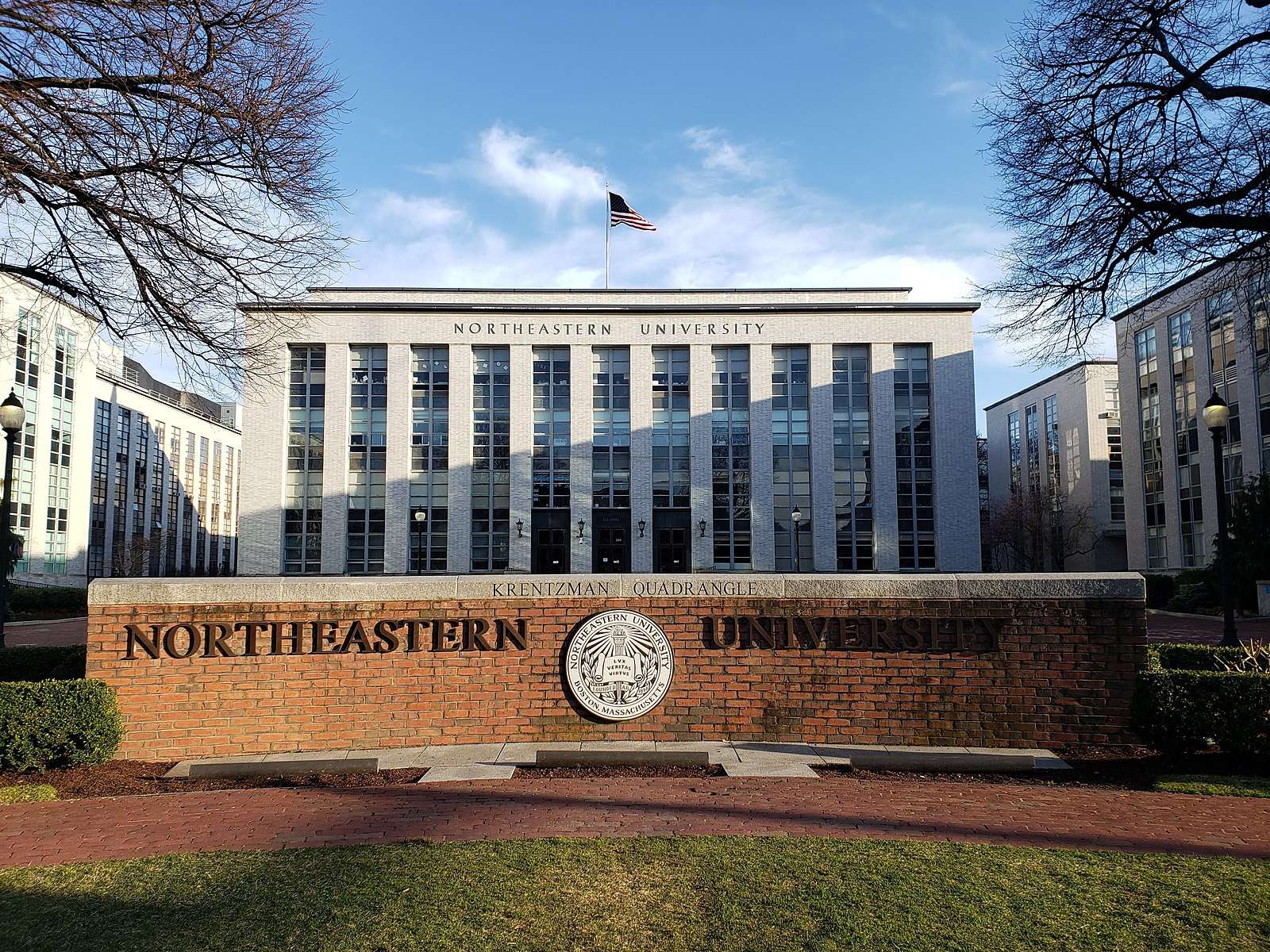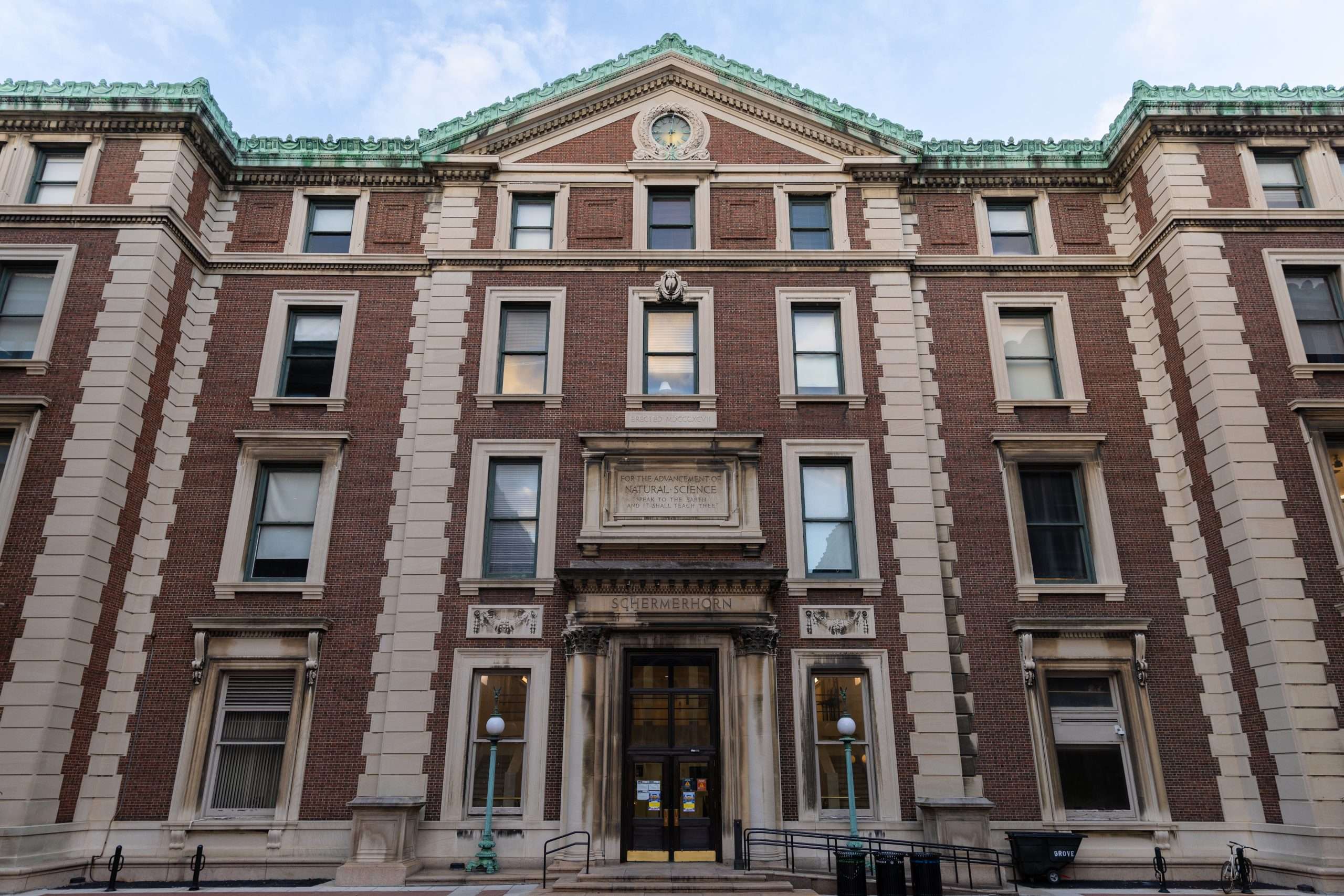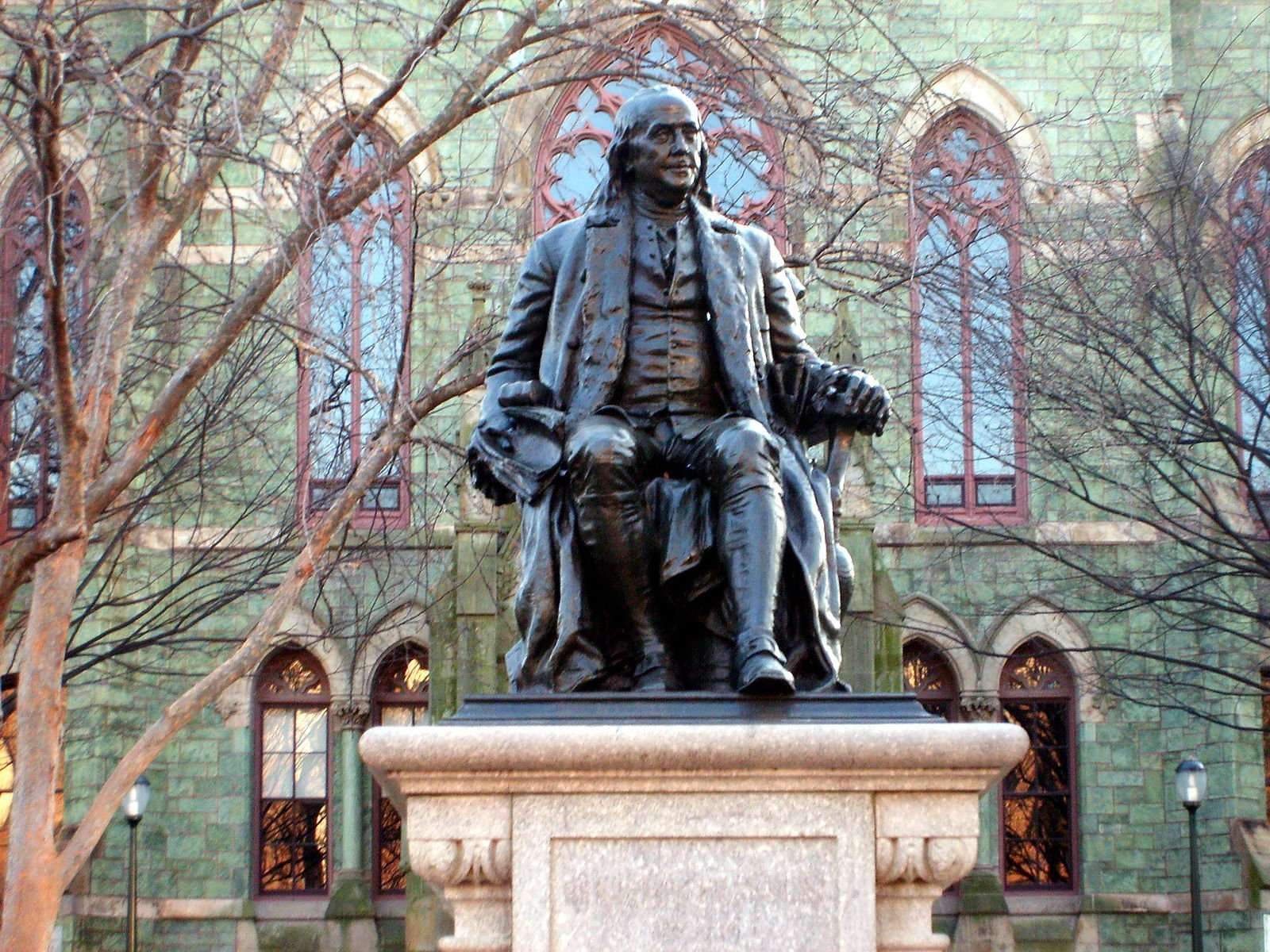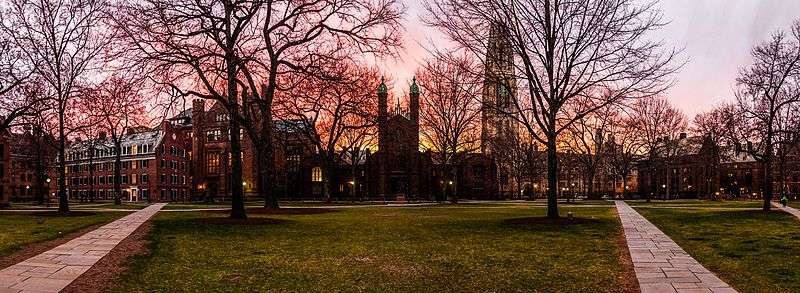The Ivy Coach Daily
Lies, Damned Lies, and College Rankings: The Truth About College Rankings
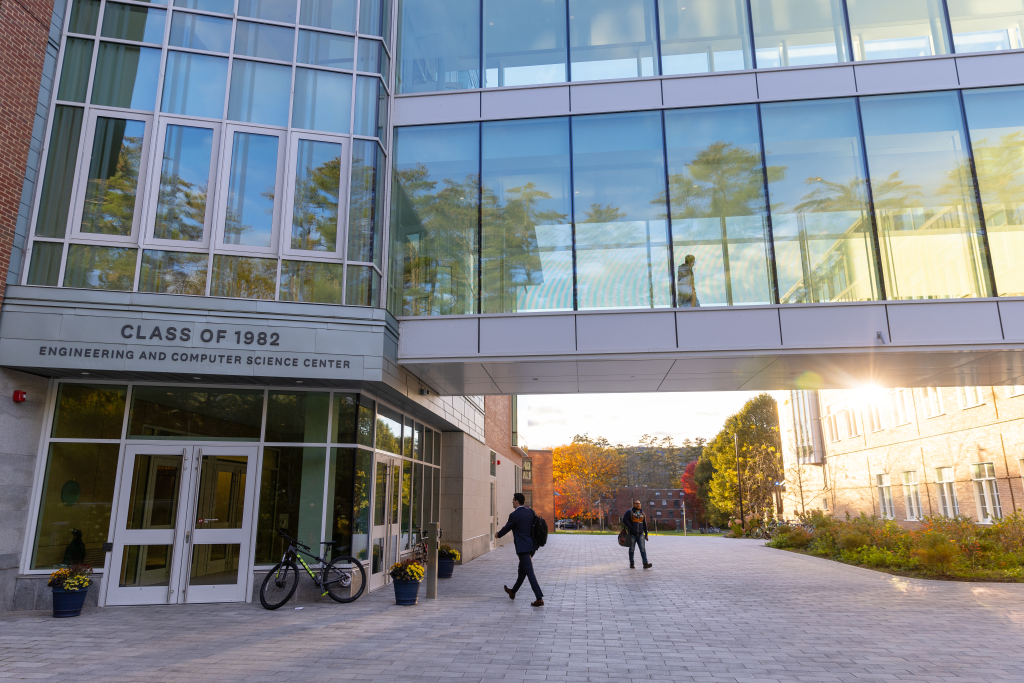
Mark Twain famously believed there are only three kinds of lies: “lies, damned lies, and statistics!” We at Ivy Coach want to add a fourth category: college rankings (even if they are just statistics). That’s right, popular lists purporting to rank the merits of colleges based on various factors, such as the infamous U.S. News and World Report Best Colleges list, are nonsense. Does this mean such lists are unimportant and hold no sway over the institutions that find themselves evaluated by them? Absolutely not.
Let’s unpack how college rankings manage to simultaneously say little about how colleges across the nation measure up to one another while commanding a ton of influence over shared perceptions of educational prestige.
The U.S. News Best Colleges Ranking is Both Misleading and Highly Influential
A very revealing episode entitled “Lord of Rankings” from Malcolm Gladwell’s podcast series Revisionist History dives into the suspicious statistical processes underpinning the U.S. News annual rankings, which ballooned to great importance in the higher education sphere as acceptance rates dwindled and college admissions became increasingly competitive. According to Gladwell, the main factor used to determine a college’s place on this list, which is widely considered to be the most crucial college ranking in the world, is a “peer assessment score,” which is essentially a rating assigned to every school on the list aggregated from the evaluations of other college presidents, provosts, and deans of admission.
How are these professionals meant to evaluate their peer institutions? It’s a fair question, but according to Gladwell, there is no methodology or rigorous process by which peer institutions come to their scores. The U.S. News rankings from the prior year are the only thing that many peer evaluators go off of! If you’re a Dartmouth admissions dean who has never stepped foot on the University of North Carolina at Chapel Hill’s campus, how should you know how good they are at educating their students?
This highly suspect ranking system, which also takes into account such factors as endowment size and graduation rate (although to a lesser extent than the faulty peer assessment score), perpetuates the very biases that higher education should be leaving in the past, including a preference for predominantly-white institutions and rich student bodies. Gladwell even demonstrated that a historically Black institution like Dillard University could hypothetically increase its ranking by enrolling more rich white students. It’s preposterous!
They Might Deny It, But Colleges Really Care About Their Ranking
Unfortunately, the prevalence of publications like U.S. News in the elite college admissions industry isn’t going anywhere. Some institutions have protested against the tyranny of rankings lists by refusing to share statistics or participate in peer review for publications like U.S. News. However, as the case of Reed College demonstrates, these schools are swiftly punished for their disloyalty with artificially deflated scores.
Other schools have attempted to game the system by giving U.S. News misleading statistics to inflate their ranking. Gladwell investigated the case of Columbia University in another episode of his fantastic podcast.
Gladwell writes, “Columbia dramatically rose from No. 18 to No. 2 in the U.S. News & World Report overall 2022 college rankings, a feat that proved to be as questionable as the rankings themselves. Columbia mathematics professor Michael Thaddeus discovered that the prestigious Ivy League institution had provided the publication with several “inaccurate, dubious or highly misleading” data discrepancies upon which the meteoric rise was based, resulting in a plummet back to No. 18.”
Damned If You Do, Damned If You Don’t
Until parents and students stop putting so much stock into college rankings, these publications will be able to continue to put schools into binds for failing to participate on their terms, as they have already done to Reed and Columbia. Perhaps the most unfortunate implication of the tyranny of college rankings is how they create a self-fulfilling prophecy: the schools that top the lists draw the best and brightest students, which, in turn, perpetuates the vicious cycle.
You are permitted to use www.ivycoach.com (including the content of the Blog) for your personal, non-commercial use only. You must not copy, download, print, or otherwise distribute the content on our site without the prior written consent of Ivy Coach, Inc.
TOWARD THE CONQUEST OF ADMISSION
If you’re interested in Ivy Coach’s college counseling, fill out our complimentary consultation form and we’ll be in touch.
Get Started